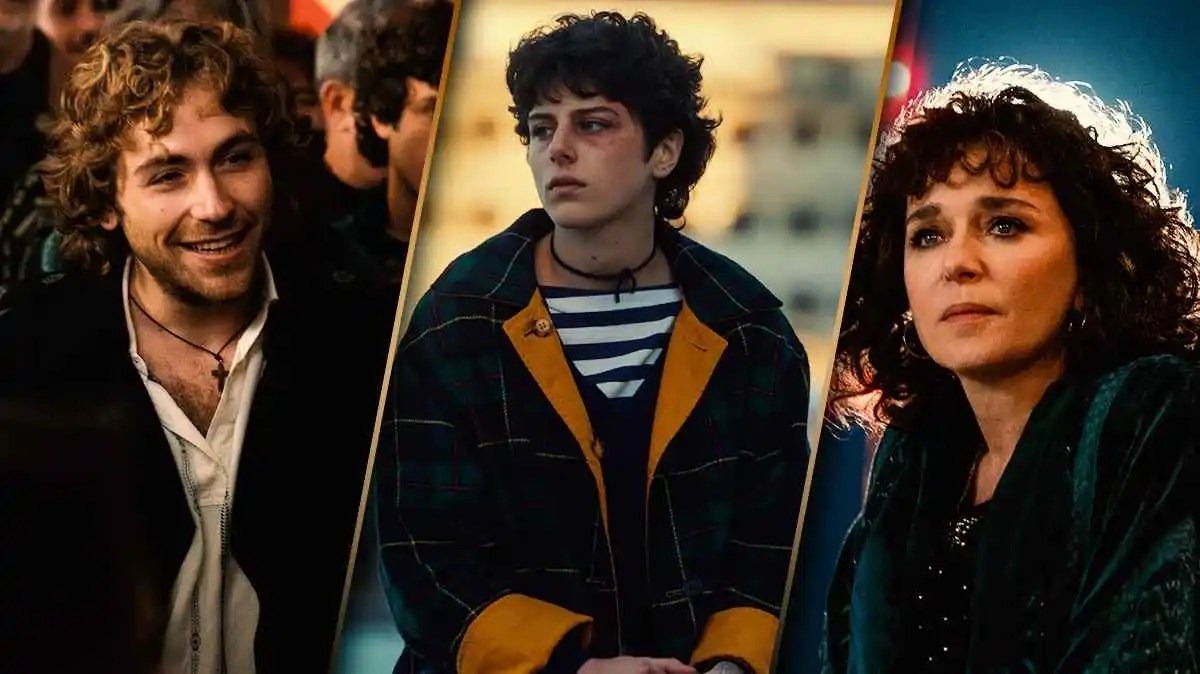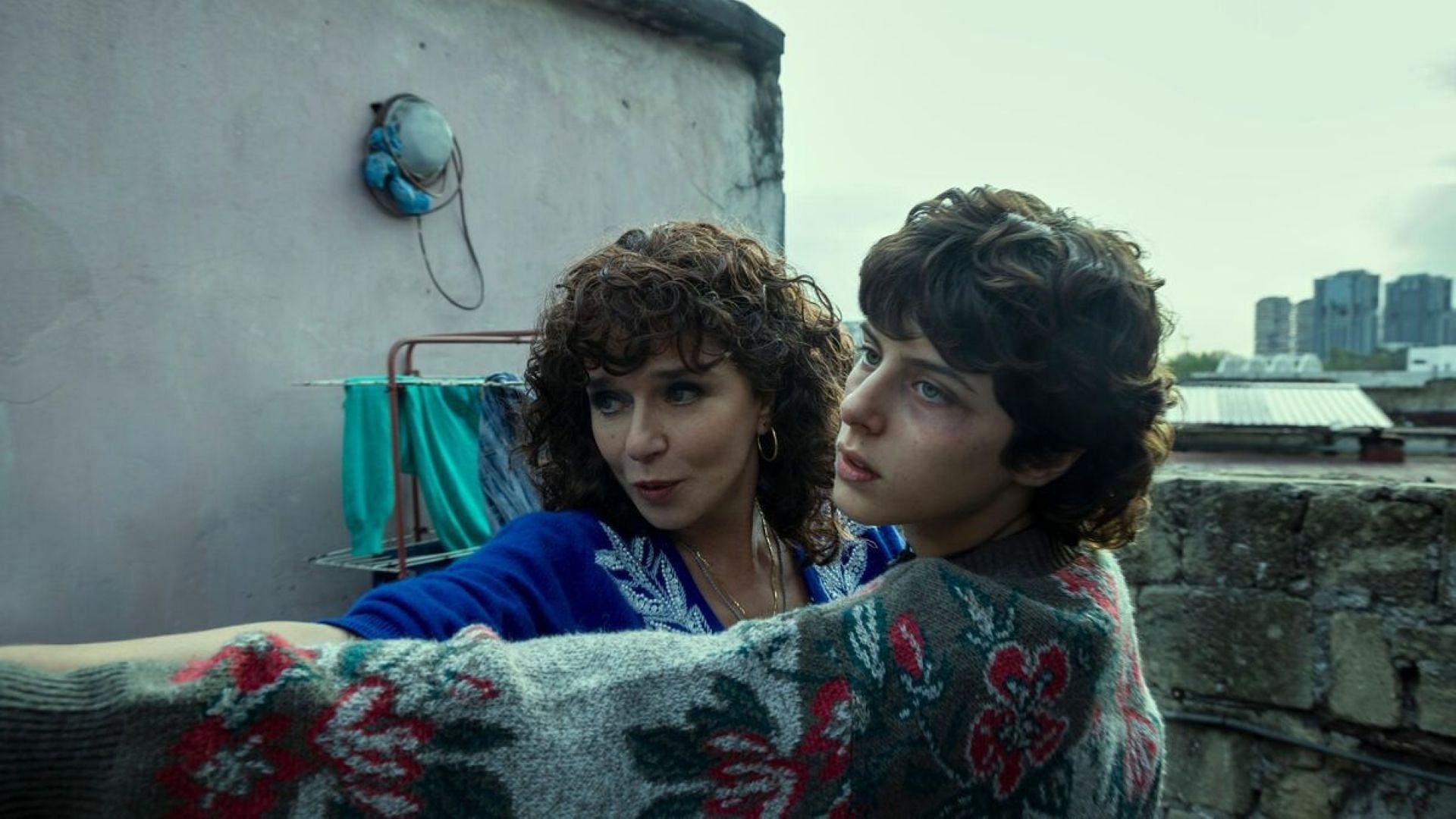The Netflix adaptation The Lying Life of Adults, inspired by Elena Ferrante’s acclaimed novel, made its debut on January 4, 2023. Set in 1990s Naples, the six-episode limited series centered on the journey of 12-year-old Giovanna (Giordana Marengo) as she grappled with adolescence and drifted away from the adults in her life.
The narrative explored her transformation and estrangement in a richly atmospheric portrayal of her world. Through a strong focus on character development rather than an intricate plot, the series introduced Vittoria (Valeria Golino), an influential figure in Giovanna’s path to maturity.

The conclusion was deeply symbolic, echoing the poetic purpose of Ferrante’s novel. It tied together pivotal moments, including a decisive action by Giovanna and the mending of fractured relationships.
The Lying Life of Adults: What Led Giovanna to Leave?
A central motif of the story was a bracelet, serving as a symbolic thread connecting the characters. The narrative opened with Giovanna acquiring the bracelet and concluded with Vittoria entrusting it to her. This object became the primary driver of events, subtly guiding the plot’s progression.
By the end, Giovanna’s growing disillusionment with the adults around her became evident. Her parents’ ideologies and choices played a role in this, but meeting her aunt Vittoria was transformative. The influence of Vittoria, coupled with the disappointing behavior of the religious scholar Roberto, solidified Giovanna’s resolve to redefine herself.
Her realization of Roberto’s flaws marked a turning point. During a trip to Milan, Giovanna discovered Roberto’s hypocrisy, mirroring the failings of other adults in her life. Concurrently, she observed a reconciliation between Vittoria and her father, a development that left her feeling isolated and emotionally scarred.
Determined to break free, Giovanna made a series of bold decisions, beginning with an impulsive encounter with Rosario (Adriano Pantaleo) and culminating in her decision to leave her old life behind. This choice symbolized her rejection of societal constraints and dishonest relationships, paving the way for a self-directed future.
One uplifting element in the ending was Giovanna’s reconciliation with Vittoria, who herself was embarking on a journey to rebuild connections. Reflecting on the book’s conclusion, Giovanna and her friend resolved to mature in a way that defied conventional expectations, embracing a unique path forward.



